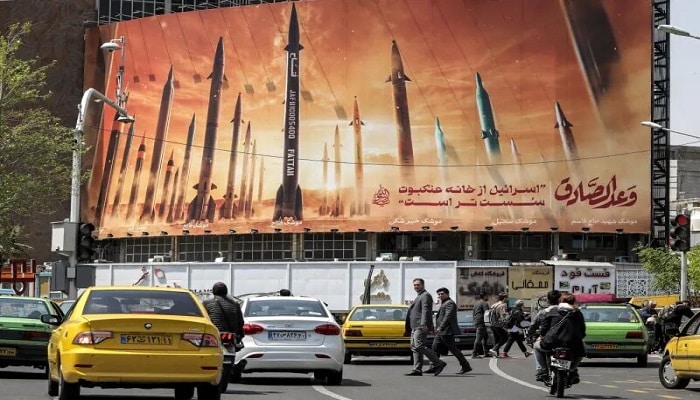PNN – In an analysis, Foreign Policy magazine, referring to the dependence of the Zionist regime’s air defense on the United States and its allied countries, wrote that Tel Aviv can no longer unilaterally take military action against Iran and is dependent on other countries for its own defense.
According to the report of Pakistan News Network, Azriel Bermant, senior researcher of “Prague Institute of International Relations” wrote in an article published on the website of “Foreign Policy” magazine that Tel Aviv’s need and excessive reliance on air defense shows that the policy makers of this regime have come to the conclusion that it is no longer possible to rely on nuclear deterrence to ensure security.
According to Bermant, Israel’s nuclear capability did not deter Iran from a punitive attack on it. In 1991, Israel had warned the Iraqis that in response to any kind of attack, there would be a massive retaliation, but this did not stop them from launching Scud missiles.
In the continuation of this article, it is stated: Since the first years of its formation, Israel has believed that it has the right to act unilaterally against threats. This policy is named after the Begin doctrine (then Prime Minister of Israel). Menachem Begin authorized the bombing of Iraq’s Osirak nuclear reactor in 1981. In 2007, Ehud Olmert, the prime minister at the time, authorized an attack on Syria’s al-Kabbar nuclear facilities.
Read more:
Professor of Columbia University: America’s protesting students have taught democracy to the world
However, there are growing questions about whether the Beguine doctrine and unilateral action are the answer to the current situation. Iran’s nuclear facilities are widely dispersed and located underground, and the possibility of their destruction by a preemptive attack is unlikely.
Iran’s punitive attack revealed a bitter truth to the extremists of Tel Aviv and the extremists of the Israeli Ministry of War: without the intervention of the United States and other allies, including Arab neighbors and partners, Israel is unable to defend itself.
In the continuation of this Foreign Policy report, it is stated: America has obviously played a vital role in financing and developing Israel’s air defense and has connected it to its global missile warning system. The recent Baran missile showed that dependence on America limits Israel in unilateral military action against Iran.
It seems that the public opinion of Israel does not have much desire to act unilaterally against Iran. The findings of a recent Hebrew University survey show that 74 percent of those questioned are against Israel’s retaliatory action against Iran if it harms the regime’s security cooperation with its allies. Israel would be making a catastrophic mistake if it abandoned the supporting role of its allies and neglected the potential to develop stronger relations with Arab countries, including Saudi Arabia.
The attacks by Hamas on October 7 and Iran on April 14 made it abundantly clear that Israel cannot rely on itself to defeat its enemies.

